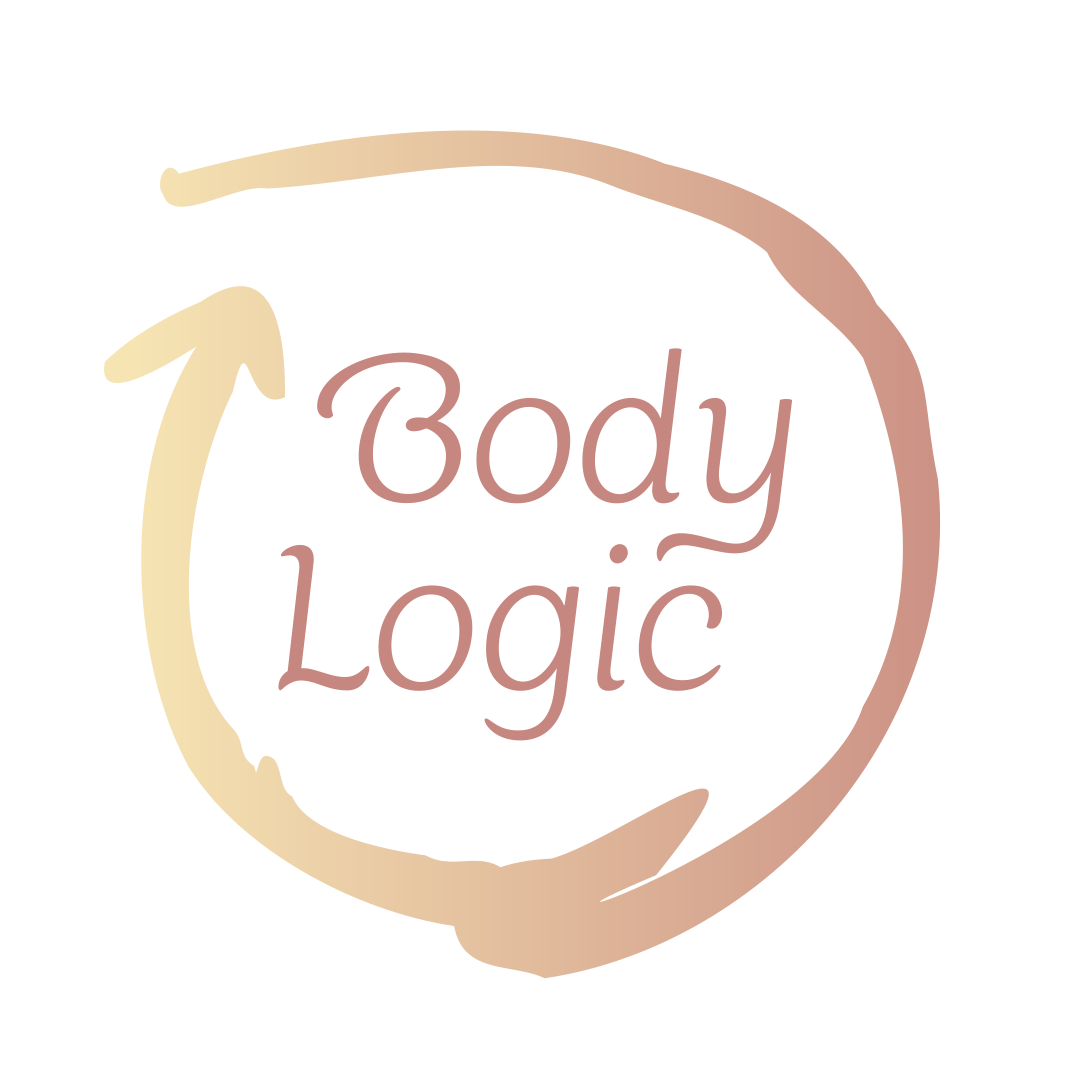Fatigue, fluid retention, mood swings and irritability a week before menstruation. For many women, these symptoms are very recognisable and a huge handicap. They also often get worse after the age of 35. Some point to progesterone as the cause of PMS. The other says that it is precisely oestrogen dominance* that triggers PreMenstrual Syndrome (PMS). So who is right? And how do you get rid of those pesky PMS?
*Estrogen dominance is a term indicating too much estrogen in the body, often relative to progesterone. The term is hardly used in medicine. The scientific literature does mention estrogen dominance, namely in the context of endometriosis (along with progesterone resistance).

Guilt by association
Progesterone is produced in the second half of the cycle (the luteal phase). It prepares the uterus for a possible pregnancy, but has many other effects. Progesterone is still thought to be the cause of PMS because they are both present at the same time. Yet there is no evidence for this.
For a long time, the cycle was divided into one phase in which estrogen is dominant: the first, follicular phase and one phase in which progesterone is dominant: the luteal phase. Things are different. Early in the cycle, both estrogen and progesterone are low. Then estrogen climbs up first. After ovulation, progesterone also enters the scene. But estrogen is far from being off the stage by then. In the luteal phase, progesterone and estrogen are on the scene together. Estrogen can be even higher in the luteal phase than in the follicular phase and can also remain present throughout the luteal phase. A reason for some to speak of estrogen dominance: depending on the level of progesterone, you can have an excess of estrogen in this phase.
Estrogen can cause PMS symptoms
Some PMS symptoms are attributed to progesterone, while they are more likely caused by estrogen. Take swollen ankles in the luteal phase. Progesterone is blamed for fluid retention, whereas progesterone actually stimulates the kidneys to excrete salt and moisture. Physiologically, then, it is not true that progesterone causes swollen ankles ... yet progesterone gets the blame because the idea exists that progesterone is the cause of PMS symptoms!
Hormones and PMS
When we measure the hormones progesterone and estrogen in the blood, they are neither higher nor lower in women with PMS. So the blood does not directly show that an excess of progesterone or estrogen is the cause of PMS... The idea has therefore arisen that the fluctuations in hormone levels cause the symptoms in addition to a different sensitivity to these hormones.
Allopregnanolone
So hormones do play a role. For example, a lot of research is now being done on allopregnanolone - a hormone made from progesterone in the brain. Women with severe PMS, also called PMDD (PreMenstrual Dysphoric Disorder), seem to respond less well or differently to allopregnanolone. So they might actually benefit from bioidentical progesterone, as it increases allopregnanolone. Antidepressants presumably work in PMDD not because they increase serotonin (because they work after only 2 days, which is too short for serotonin to go up) but because they increase allopregnanolone! Allopregnanolone is a calming hormone. Among other things, it reduces anxiety.
Treating PMS
In recent years, the treatment of PMS has shifted from treating it as a hormonal condition to treating it as a psychiatric condition. Think: cognitive behavioural therapy and antidepressants for therapy.
The hormones that were tried had little effect. Many of the hormonal treatments (think contraceptive pill, hormone IUD) are aimed at inhibiting ovulation. No ovulation, no progesterone, no PMS was the idea. But as you have read above: progesterone does not cause PMS. So inhibiting ovulation doesn't solve the problem either. It may even make the problem worse because you then produce less progesterone yourself, which also leads to less allopregnanolone in the brain.
Bioidentical progesterone in the treatment of PMS?
Another treatment method is giving bioidentical progesterone in the luteal phase. This approach stems from the work of Katharina Dalton. Katharina worked as a GP in the UK until the millennium and ran her own clinic specifically for women with PMS for about 40 years. Katharina believed that PMS is caused by progesterone deficiency and treated the women in her clinic with injections of progesterone. She used injections because at the time the idea prevailed that the body's own progesterone (call it bioidentical, call it natural) cannot be absorbed into the blood through the stomach. A myth of the pharmaceutical industry possibly.*
Katharina Dalton treated many women and described hundreds of successful cases in her books and articles. Yet she did not want to participate in the gold standard of scientific research: the randomised trial. Why not? She would then have to give half the women a placebo - a non-working drug - and she thought that was unethical. And so her 40 years of experience and research fell into oblivion, because the randomized controlled trial is very important in today's medicine.
*Bioidentical progesterone - such as the drug utrogestan - is absorbed after oral intake, but the product that is currently on the market is immediately broken down for 90% by the liver. Progesterone is better absorbed when connected to a fat. It is then absorbed via chylomicrons via the lymph. Unfortunately, such progesterone (in oil) is not on the Dutch market and no pharmaceutical company plans to make it (to my knowledge).
No new research expected on bioidentical progesterone
A New York Times obituary stated that no other doctor or gynaecologist found progesterone as helpful as Katharina. No other doctor? That's quite a statement. Indeed, the current guideline of gynaecologists states that progestogens are of no use in treating PMS. In the few (randomised) studies on bioidentical progesterone for PMS symptoms, it cannot be said that progesterone works but neither that it does not work. The research is not good enough. Unfortunately, no new research can be expected on bioidentical progesterone. So we have to make do with this.
Progesterone versus progestogen: a world of difference
Why was Katharina Dalton the only doctor to see so many positive effects of bioidentical progesterone? What is important to know is that there is a difference between progesterone as it occurs in our bodies and synthetic progesterone.
Synthetic 'progesterone' is a progestogen and there are incredibly many variants of it. After all, the industry can make many variants of a synthetic drug. A molecule here or there and the efficacy changes slightly and you have a new drug to market. The different synthetic progestogens all work slightly differently. Yes certainly, they have something of progesterone's actions in them, but they also lack properties of progesterone and may also have properties of estrogen and testosterone in them. It is possible that the positive effects Katharina Dalton saw in her practice could not be replicated because doctors and gynaecologists had switched to using synthetic progesterone.
Take-away: Is progesterone or estrogen dominance the cause of PMS?
Based purely on the scientific research, you cannot say what causes PMS and PMDD. More research is needed for that. Based on experience - which Katharina Dalton obviously had a lot of - you can make up your own mind.
My approach to PMS
The women in my practice have often already tried various (hormonal) therapies without good effect and now want to work properly on their lifestyle. So what I see working - but that is purely based on experience and not scientific research - is an approach aimed at supporting the natural balance in progesterone and oestrogen. For example, by eating a daily raw carrot salad with a dash of olive oil and vinegar. Well-balanced meals (with carbohydrates, proteins and fats), sufficient light and relaxation also make a big difference for some women. Of course, I cannot rule out the placebo effect, but many women are happy when they get rid of their symptoms!
Wondering if I can help you? Then take a look at consultation or plan right away an introduction call In.
References
Ford O et al. Progesterone for premenstrual syndrome. Cochrane Database Syst Rev. 2012 Mar 14;2012(3):CD003415. doi: 10.1002/14651858.CD003415.pub4.
Ray Peat's Newsletter. Postpartum depression, brain, aging and reductionism. 2019.
Andréen L et al. Pharmacokinetics of progesterone and its metabolites allopregnanolone and pregnanolone after oral administration of low-dose progesterone. Maturitas. 2006 Jun 20;54(3):238-44.
Hantsoo L & Epperson CN. Allopregnanolone in premenstrual dysphoric disorder (PMDD): evidence for dysregulated sensitivity to GABA-A receptor modulating neuroactive steroids across the menstrual cycle. Neurobiol Stress. 2020 Feb 4;12:100213. doi: 10.1016/j.ynstr.2020.100213.
https://www.nytimes.com/2004/09/28/science/katharina-dalton-expert-on-pms-dies-at-87.html
Kaya. You're Being Lied to About Your Menstrual Cycle. https://open.substack.com/pub/fundamentalnourishment/p/menstrual-cycle?r=1d6632&utm_campaign=post&utm_medium=web
Shultz, SJ et al. Some sex hormone profiles are consistent over time in normal menstruating women: implications for sports injury epidemiology. British Journal of Sports Medicine, 2011;45(9), 735-742. doi:10.1136/bjsm.2009.064931


